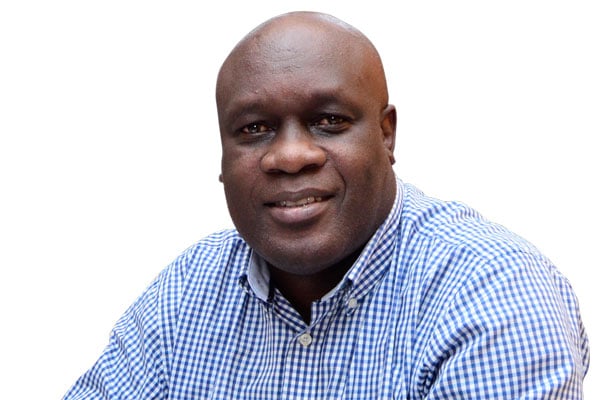Prime
Beyond NSSF mid-term access updates, what more can media do?

Author: Odoobo C. Bichachi is the Nation Media Group (NMG)-Uganda public editor. PHOTO/FILE.
What you need to know:
- It must shift the NSSF mid-term access story to what happens or happened after savers that have waited for so long eventually get their money.
The media has done a stellar job covering the process leading up to the realisation of mid-term access by long-term savers of the National Social Security Fund (NSSF). Both print and broadcast media have given this story lead status on news bulletins and cover pages, explaining the process, breaking down the numbers, answering the questions in savers’ minds, etc.
Two weeks ago, I was privileged to be part of an NSSF-organised media breakfast to share the roadmap to the payouts. Quite interesting revelations were made here, especially with regard to the breakdown of the nearly one trillion shillings payout. Apparently, most of the savers (57 percent) that shall access their mid-term benefits will take home under Shs10 million, with many taking home much less in the range of Shs1.8 million to Shs3 million. Only a small number shall take home upwards of Shs50 million.
This invites questions about the likely impact of the much anticipated mid-term access. What can one do with Shs2 million or even Shs10 million? Just how much will this money change the lives of the recipients battered by an economy slowed down by Covid-19? What will be the likely impact of these payouts on the economy in general? Which sectors are likely to see more impact? Shall this pass off as a national economic stimulus or just a domestic painkiller?
It is still early days considering the first weekly Shs50 billion payout will only happen this weekend. A few savers received money last week as part of testing the payment system.
The media must therefore not just move on to the next story. It must shift the NSSF mid-term access story to what happens or happened after savers that have waited for so long eventually get their money. This is mainly because it has been said many times that the majority of persons that receive their savings or are paid gratuity for government employees, end up rock-bottom with the money washed down the drain in less than two years.
Indeed NSSF Managing Director Richard Byarugaba’s remarks at the media breakfast meeting were poignant. He said: “Beyond the support to see that members successfully withdraw their savings, we have also boosted our financial wellness programme to enable our members to continue making the best decisions regarding the investment of their hard-earned money. This is advised by our research that shows that only 2 percent of savers who withdraw their money go on to invest in long-term projects while others fall back on hard times. We aim to ensure that we remain relevant to our savers at any stage of their journey.”
Many, if not most of the recipients of mid-term access benefits will therefore need a lot of lessons not to end up as part of statistics; the 98 percent that ends up in the deep hole where they started. The media is well primed to amplify the little efforts NSSF shall put towards this by bringing out the stories of many that put their money to good use, and how not to blow up the money.
And a good starting point is to revisit the recent NSSF campaign dubbed “Friends with Benefits” that shared the successes of those that have received their money. These people hold significant lessons for many Ugandans currently lining up for their partial benefits. They need that information now, not later!
*****
My attention was drawn to a story headlined, “Pitiable forest people with superb entertainment” (Sunday Monitor, February 17) complete with a colourful photo of the Batwa (an ethnic group in south-western Uganda) dancing, and a caption reading, “Batwa perform their energetic dance to earn a living”.
Now, the definition of the word “pitiable” is the reason this headline should never have been written. That word means: “deserving or arousing pity” or “contemptibly poor or small.”
DON'T MISS: NSSF mid-term access rules leak
Generally, demeaning, sexist or contemptuous headlines should be avoided at all times for basic reasons such as the need to treat news subjects and news consumers with respect as well as the need to avoid perpetuating social stereotypes. Indeed the NMG editorial policy, as well as basic journalism etiquette, recommends that “…particular care shall be taken to ensure that articles avoid judgmental language, political [and social] stereotypes, and do not harangue readers.”
Send your feedback/complaints to [email protected] or call/text on +256 776 500725.




